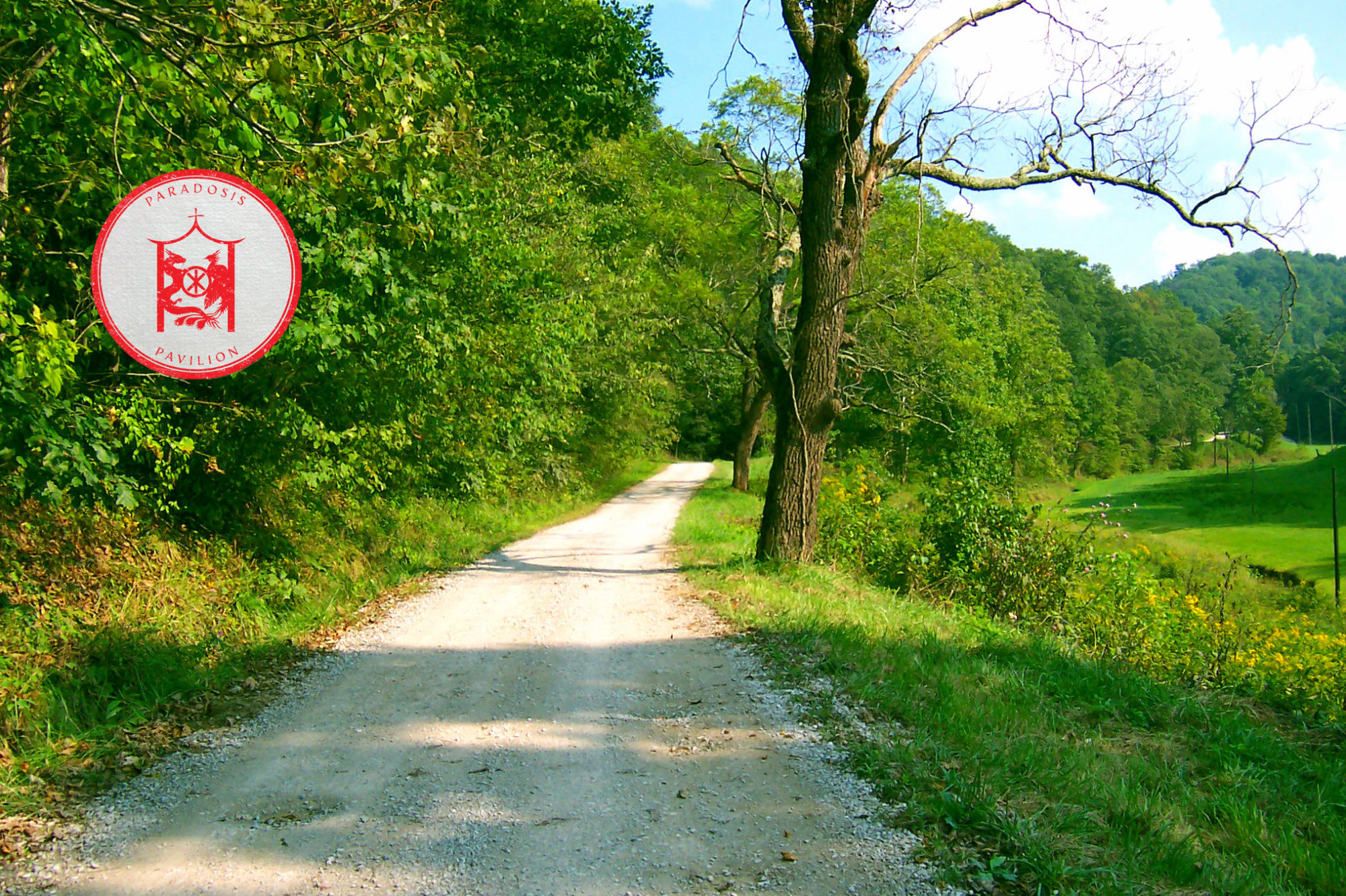
The Holy Gospel According to St. John, one of four Gospels in Holy Scripture recording the life of Jesus Christ, opens with the words “In the beginning,” echoing the story of the creation in the Book of Genesis:
In the beginning was the Word, and the Word was with God, and the Word was God. He was in the beginning with God. All things were made through Him, and without Him nothing was made that was made. In Him was life, and the life was the light of men. And the light shines in the darkness, and the darkness did not comprehend it. (John 1.1-5, NKJV)
The Word was with God because He is the Son of the Father. God created by His Word, that is, the Father created through His Son. The Son is not the Father and the Father is not the Son, but the Son of God has always existed with God the Father. With the Father, the Son created all things, gives order to all things, and sustains all things. The Word was God because the Father and the Son are One Essence, undivided, without beginning or end. In whatever way the Father is God, the Son is also the One God.
In Greek, the Eternal Word underlying all reality is called the Logos. In Chinese, the Eternal Word is called the Tao. Ancient Greek philosophers and Chinese sages spoke of this Mystery beyond human thought, but they only knew a little of this revelation. No one can know more about God than God Himself reveals about Himself.
The Apostle John spoke more of the great Mystery concerning the the Son of God, the true Logos and Tao:
And the Word became flesh and dwelt among us, and we beheld His glory, the glory as of the only begotten of the Father, full of grace and truth. (John 1.14, NKJV)
As Creator and Lord of All, God fills all things and sustains all things. Yet, while being present everywhere as God, He made for Himself a human body and soul in the womb of a Virgin. The Uncreated One Who contains the universe within Himself became a creature on earth. From the moment of his miraculous conception, the Son of God existed as a perfect human being, while still reigning as King over all creation. He is one Person in two natures, both completely human like His mother and entirely God as His Father. He is Jesus Christ, the God-Man. For this reason, His Virgin Mother, Mary, is called the Mother of God and Theotokos, which means, the Birth-giver of God.
The birth of Jesus Christ is also described in two other Gospels, the The Holy Gospel According to St. Luke and The Holy Gospel According to St. Matthew. In his account, St. Luke described how the Archangel Gabriel brought a divine message to a young virgin named Mary. The Archangel revealed to Mary that she would give birth to a son, whom she would name Jesus. By the power of God, she would conceive in her virginity and become the mother of the Holy One, the Son of God. St. Luke indicted that when Jesus Christ was born, he was wrapped in swaddling clothes and laid in a manger, a humble feeding trough for animals. The Child received shepherds as visitors after heavenly angels appeared in the night to announce the birth their Lord and King, called the Christ.
In his description of events, St. Matthew adds mention of a centuries-old prophecy foretelling a Ruler who would be born in the small town of Bethlehem. This Child would have ancient origins, even as far back as before time (Isaiah 7.14; Micah 5.2, LXX). St. Matthew also wrote how pagan astrologers, called Magi, travelled from a foreign land to find a King whose birth had been revealed by an auspicious star. When they found Him, the Magi presented the Child with royal gifts of gold, frankincense, and myrrh, and worshiped Him.
The Apostles Matthew and Luke recorded historical details regarding the birth of Jesus Christ, the God-Man. The Apostle John, who is often symbolized by a high-flying eagle, takes us straightway to the height of the Mystery. In these few simple words, he offers a profound explanation of the meaning of Christmas: And the Word became flesh and dwelt among us…..
God became human so that we might become like Him by participating in His Grace (2 Peter 1.4). Our Physician joined His Divine Nature to our human nature in order to heal and perfect our human nature. This Mystery, impossible to grasp, of God becoming a human being is called the Holy Incarnation.
Read: John 1.1-14; Luke 2.2-24; Matthew 1.18-2.12
Text copyright © 2017 by Fr. Symeon D. S. Kees




